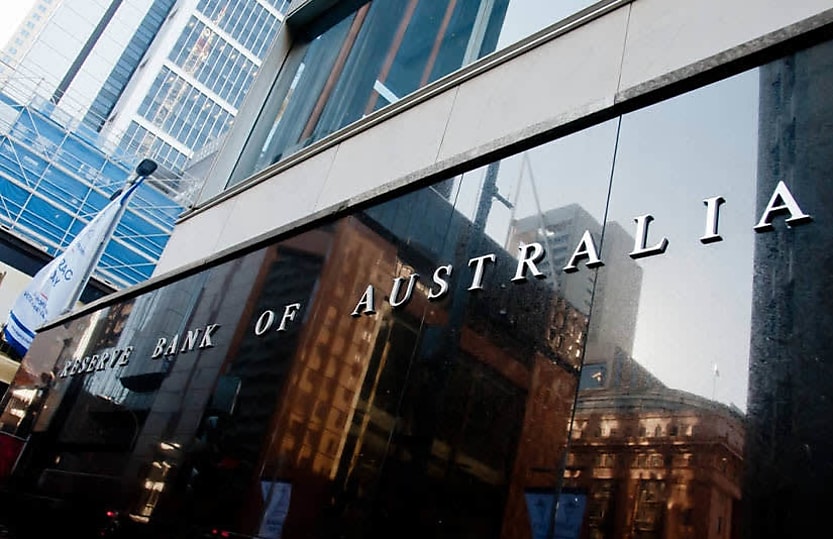RBA rate hike continues to put pressure on struggling businesses

The Reserve Bank of Australia (RBA) raised interest rates for the ninth consecutive time yesterday, pushing the cash rate up by 0.25 percentage points to 3.35 percent.
The decision was made due to the high local and global inflation levels. According to RBA Governor Philip Lowe, the underlying inflation rate in Australia, which was 6.9 percent, was "higher than expected" and strong domestic demand was adding to the inflationary pressures in various areas of the economy.
The rate increase was expected by economists, following the high December inflation figures. BDO economist and partner Ally Flint stated that the RBA wants to see "sustained evidence of a cooling economy before pausing any further cash rate increases." Flint added that the RBA's goal of steering the economy towards a soft landing instead of a recession is "like trying to steer a boat while looking behind you." The next release of inflation numbers is due at the end of April and will provide a backward-looking measure of the impact of the rate hikes.
The impact of the rate surge over the past year will become clear when thousands of households come off their fixed-rate loans. Flint explained that the RBA estimated that 900,000 households will transition from fixed-rate loans between July and December, but added that "the pain is not spread evenly," with younger Aussies feeling the most impact, particularly first-time home buyers who took out cheap fixed-rate loans during the pandemic.
CreditorWatch's chief economist, Anneke Thompson, noted that consumers have begun to tighten their spending, but not enough to avoid the rate increase. She added that January's retail trade result will be a key factor in the RBA's next move. Thompson explained that the December result showed a marked slowdown in consumer spending across all categories and states, with sales falling by 3.9 percent month-on-month. The fall in sales was expected due to Black Friday sales in November, making January sales a closely watched event.
Thompson believes that inflation is moderating and will continue to drop as data is measured off of 2022 figures, when price increases had already begun. She also stated that the RBA's attempts to slow the economy appeared to be having the desired effect, but the true test will be how quickly the cooling is felt by businesses, which will influence the future cash rate.
However, CPA Australia's senior manager of business and investment policy, Gavan Ord, stated that the rise will continue to place strains on struggling businesses. He added that rising costs, higher interest rates, a skills shortage, and economic uncertainty will continue to impact businesses. Ord emphasized the importance for businesses facing difficulties to speak with their trusted adviser about how to manage the rate hikes.
Treasurer Jim Chalmers stated that inflation is the government's "number one focus" and they have a three-part plan to address it. The first part of the plan is providing "responsible cost-of-living relief in a way that doesn't add to inflation or make the problem worse." This includes cheaper early childhood education, medicines, and electricity bill relief that will be central to the May budget. The second part is dealing with the issues on the supply side of the economy, including energy chaos, supply chain issues, and labor and skills shortages. The third part is spending restraint, which includes banking 99 percent of the upward revision to revenue over the next two years in the October budget and keeping real spending growth flat across the forward estimates.
Overall, the RBA's decision to raise interest rates for the ninth consecutive time continues to put pressure on struggling businesses, particularly those with fixed-rate loans.
